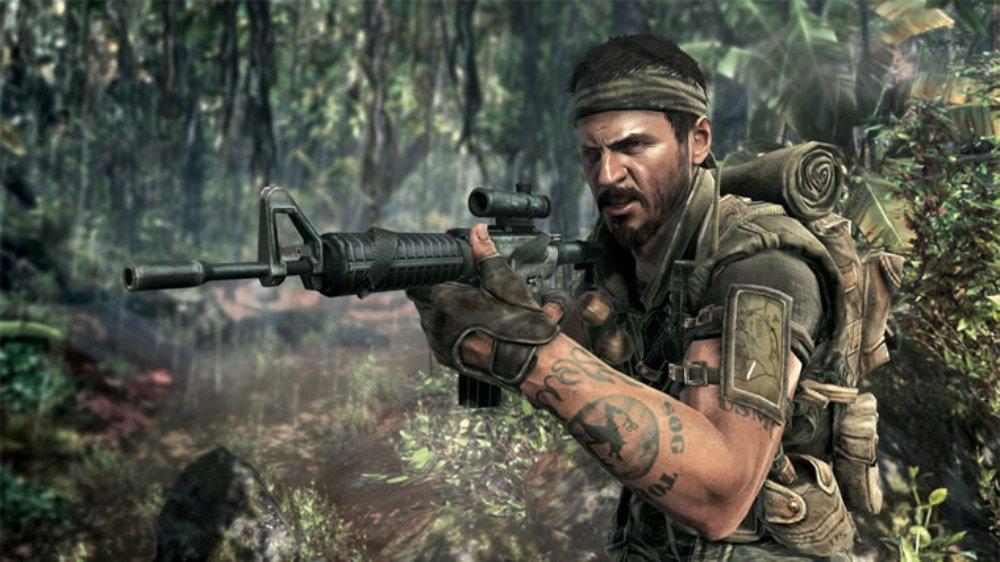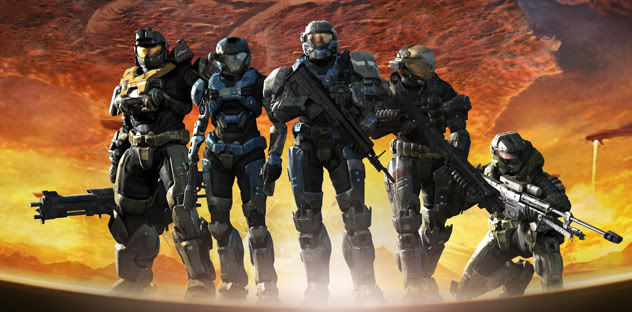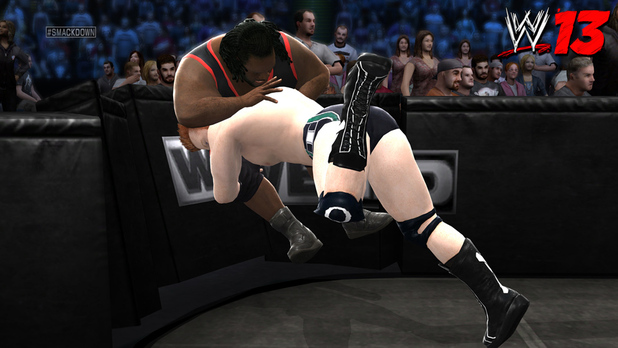This post has not been edited by the GamesBeat staff. Opinions by GamesBeat community writers do not necessarily reflect those of the staff.

In the video game industry, many of the leading developers will shoot for an annual sequel and put out a new game at the same time every year.
Franchises working on this schedule are often the dominant ones, topping the sales charts year after year. However, this order of operations often has an expiration date, and eventually the games that follow it will hit a dead end.
Why is that? Well, it’s the same reason that they were once so successful: their annual release date.
So what’s the problem here, exactly? The primary and most prominent issue with franchises putting out a new title every year has much to do with their development cycle. Having to work to a certain deadline leaves very little room for advancements and innovation, often rendering sequels barely distinguishable from one another.
On one hand, a series of games should have a sturdy system to hold it together between installments. But on the other hand, if that system is too cut and dry, it may simply leave its players bored overall and send them searching elsewhere for new and improved ideas.
We are always hoping for improvements to our favorite series. Not just new levels, characters, and weapons (which are all fine and dandy, of course), but new concepts to bring these elements into a different light.
Unfortunately, this is not always what we end up with. In fact, you may be more than familiar with a few franchises that suffer from this unfortunate fate.

First and foremost, there’s the ever-popular Call of Duty series.
Being as accessible and popular as it is, each new installment never fails to draw in a large crowd of hardcore and casual gamers alike. While these titles may be dominant in the gaming industry due to their staggering amount of sales, many of us fans have felt alienated from the series for one primary reason: the fact that it barely changes from sequel to sequel.
You may have already heard complaints like this already. Indeed, there is a fair amount of people who consider almost every game in the Call of Duty series to be practically indistinguishable from one another.
It is a common belief that the developers of Call of Duty are far more concerned with cashing their paychecks than putting fourth the effort to innovate and bring their franchise forward. Whatever you choose to believe, you cannot ignore the fact that the Call of Duty series has never quite been given enough room to evolve, most likely due to its need for another sequel every year.
Seeing as though Call of Duty: Black Ops 2 is just stepping out the front door, it's only fair that we avoid any assumptions toward its possible likeness to its countless predecessors. In fact, it is expected to be a significant departure from the series' norm, with many new features and advancements to the formula. Whether or not these changes will benefit the series and pull it forward remains to be seen.

Another big-name franchise that has been dominating sales since its conception, the Halo series did not start out on a yearly release schedule but has recently made the jump onto the bandwagon. From Halo 3: ODST in 2010 to the recently released Halo 4, gamers have may have been catching on to the series’ new trend of annual sequels.
While the original Halo: Combat Evolved still stands as one of the most original and innovative first-person shooters in gaming history, the recent onslaught of additions to the franchise has been wearing down the quality of each new title.
Like Call of Duty before it, Halo may be dropping an anchor and holding itself back from any future progress.
Back when Halo 2 was released in 2004, players did experience quite a few significant adjustments from the original. However, since then, advancements to the series have grown smaller in quality and quantity.
As Halo 4 takes the reigns as the premier entry to the Halo saga, whether or not the series has made any progress is debatable. Most of the top gaming critics have highly praised this latest entry as they usually would, but their final verdict differs from that of many independent reviewers and fans. The one issue that they all seem to have in common has little to do with the overall quality, and a lot to do with the series’ overall direction.
Many players agree that while Halo 4 was ultimately successful, the gameplay itself has made few advancements from its predecessors. The mechanics remain set in stone, which has undoubtedly alienated a fair amount of gamers with a wider variety of tastes.
Again, switching to a yearly release schedule may end up being the nail in the coffin for the Halo series.

While not as widely popular as Call of Duty or Halo, the WWE series has a reputation for refusing to make changes and adapt between yearly sequels. Since Smackdown Vs. Raw was released in 2004, the only prominent changes between sequels have been an updated roster of wrestlers and a few barely noticeable adjustments to other games modes.
While the series ultimately does its job as a tribute to wrestling fans, it doesn’t exactly do much to draw in a new crowd. In other words, if you aren’t already interested, you probably never will be. The fact that each iteration is nearly identical to the last has almost condemned the series in the eyes of reviewers and gamers alike. Sure enough, with WWE '13 having been released in October, the one major complaint — consistent with nearly every review — is that the title's gameplay mechanics remain virtually the same (for better or worse) as they were the year before. Oddly enough, WWE ’12 also earned the same amount of disapproval for being too similar to its predecessor, Smackdown Vs. Raw 2011.
Once again, with developers having to work on a new title every year to a deadline, they are given virtually no time at all to make any significant changes or advancements.
In this series in particular, the main focus in each new entry is put on updating the roster to match the current state of the WWE. With so much time and effort put into motion capture and facial scan for the 50-plus competitors in the game, elements such as the gameplay and additional modes are left practically unchanged from the state they were in before.
As if the WWE series wasn’t already alienating enough, the fact that the titles have never managed to innovate has, in turn, driven away even more gamers from attempting to give it a chance. Even those who were fans of the series from the beginning often end up feeling let down by the developers and have ultimately grown tired of the same old gameplay year after year.
Even though the titles themselves are far from being bad games in general, their lack of change between yearly sequels has caused more harm to their reputation within the community than the developers probably would have hoped.

While none of the titles I mentioned above are generally lackluster in quality, the one common factor shared between them all is that they fail to innovate. Sequel after sequel, each new installment is quite lacking in any new concepts or ideas.
Releasing a new entry to a franchise every year is undoubtedly a strenuous task for developers, and carries a high risk of reducing the overall quality of their work. The affected games often turn out to be repetitive, redundant, and after a certain amount of time, just plain boring to gamers who are longing for a whole new experience.
This should stand as a message to all video game developers and publishers: Releasing a sequel the same time every year is not always a good idea.
Opinions certainly differ upon whether or not a substantial amount of change within a series is beneficial, but either way, a lack thereof has its own consequences in the eyes of critics and, most importantly, gamers.
